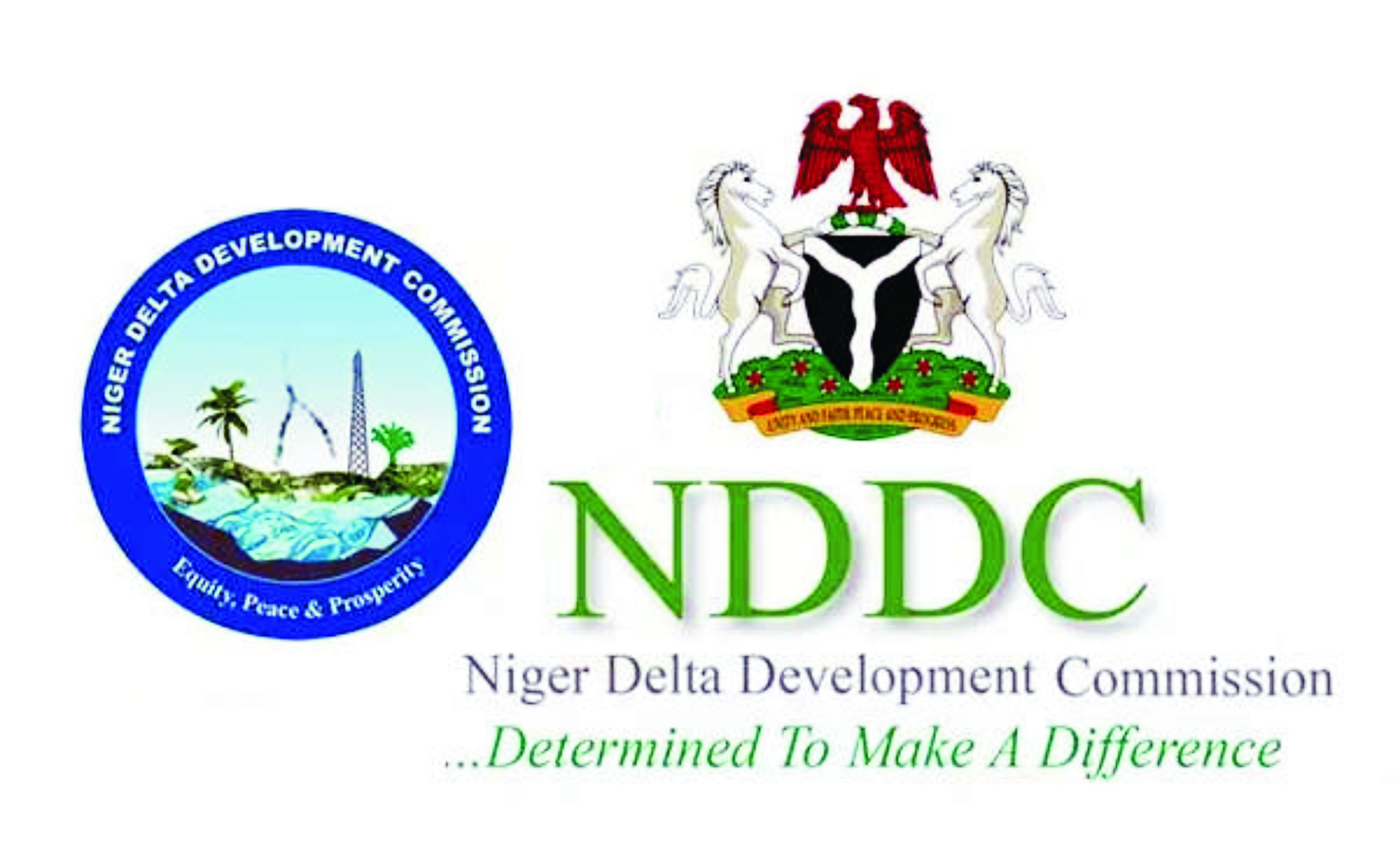Business
Groups Hail FG’s Decision To Probe NDDC

Some non-governmental organisations in Rivers State have hailed President Muhammadu Buhari’s decision to carry out a forensic audit on the activities of the Niger Delta Development Commission (NDDC) from 2001 till date.
The Director-General, Initiative for Change and Development, Mr Ichenwo Glory, while speaking at an event organised by the Nigeria Institute of Management (NIM), in Port Harcourt, at the weekend, said the planned forensic probe was a right step in the right direction.
He said: “Kudos to President Buhari on his decision of a forensic audit on NDDC activities and that is a right step in the right direction”.
Glory noted that the forensic audit would revitalise the commission.
He alleged that politicians were using the NDDC as a platform to compensate their political associates and sponsor political protests, rather than focus on NDDC’s core mandate of developing the Niger Delta region.
According to him, rather than award contracts to capable indigenous and non-indigenous companies, contracts are awarded on grounds of political patronage and affinity, thereby distributing fake and non-concrete jobs across the Niger Delta region; funds are being used for sponsorship of unnecessary political protests.
Also speaking, the chairman of NIM, Rivers State, Mr Emmanuel Abu, said the NDDC has not delivered on its mandate to the people of the Niger Delta since its creation in 2000, in spite of the huge funds injected into it.
Abu lamented that despite the fact that the Niger Delta region is the nation’s cash cow, there was nothing to show for it.
“The commission has not done enough for the region. This is the region that feeds the entire nation. There is nothing you can see and point that yes the NDDC that was created to ameliorate the sufferings of the people has lived up to its mandate. In fact, instead of bringing joy to the people of the Niger Delta, it is bringing sorrow, bringing pains, ill feelings to the people”, he said.
The Tide reports that president Buhari had ordered for a forensic probe of the NDDC from 2001till date, saying the level of development in the Niger Delta was not commensurable with the billions of money allocated to the commission since inception.
Tonye Nria-Dappa
Business
NCDMB, Jake Riley Empower 250 Youths On Vocational Skills

Business
NUJ Partners RSIRS On New Tax Law Education

Transport
Nigeria Rates 7th For Visa Application To France —–Schengen Visa

-

 Sports1 day ago
Sports1 day agoArsenal Women End Man City’s Invincibility
-

 Sports1 day ago
Sports1 day agoU-20 WWC: Falconets claim qualifier win
-

 Environment24 hours ago
Environment24 hours agoRivers State Government Suspend Fire Service Collection Levies
-

 Sports1 day ago
Sports1 day agoInsurance Deepen Enyimba’s Trouble
-

 Environment24 hours ago
Environment24 hours agoLASEMA pushes attitudinal change to cut fire outbreaks in Lagos
-

 Sports1 day ago
Sports1 day agoYouth Olympics preparation Gears up
-

 Sports1 day ago
Sports1 day agoTornadoes Set For NPFL exit over Stadium Ban
-

 Sports1 day ago
Sports1 day agoCologne Youth Team Set Crowd Record

